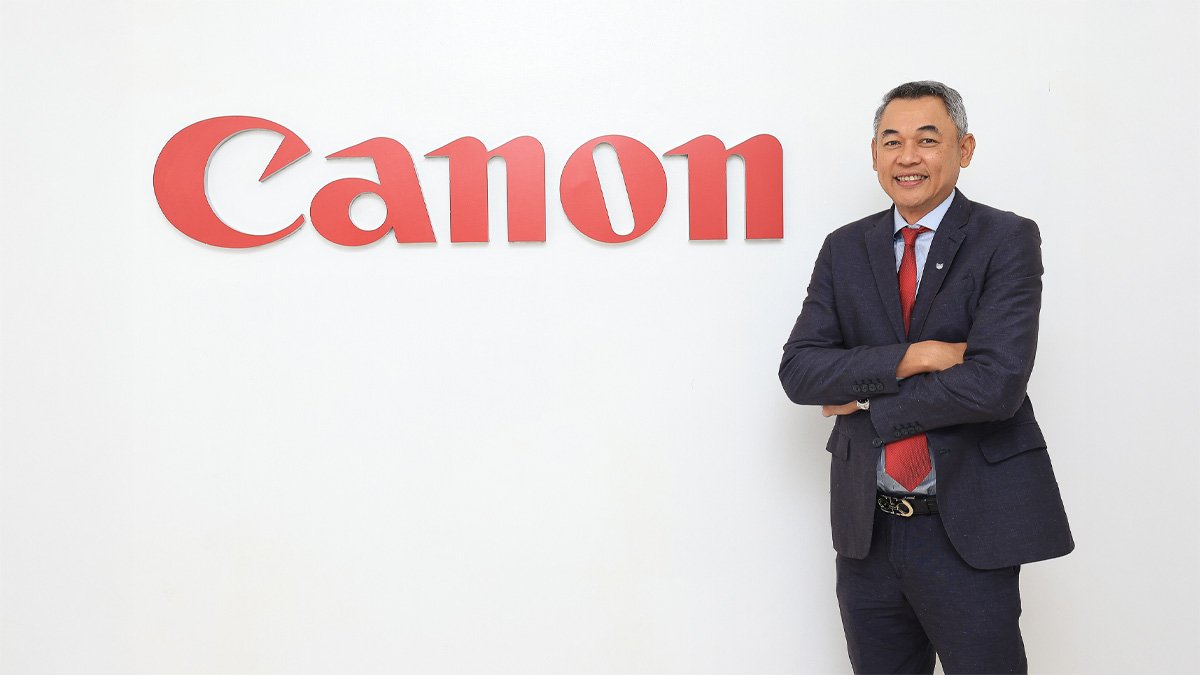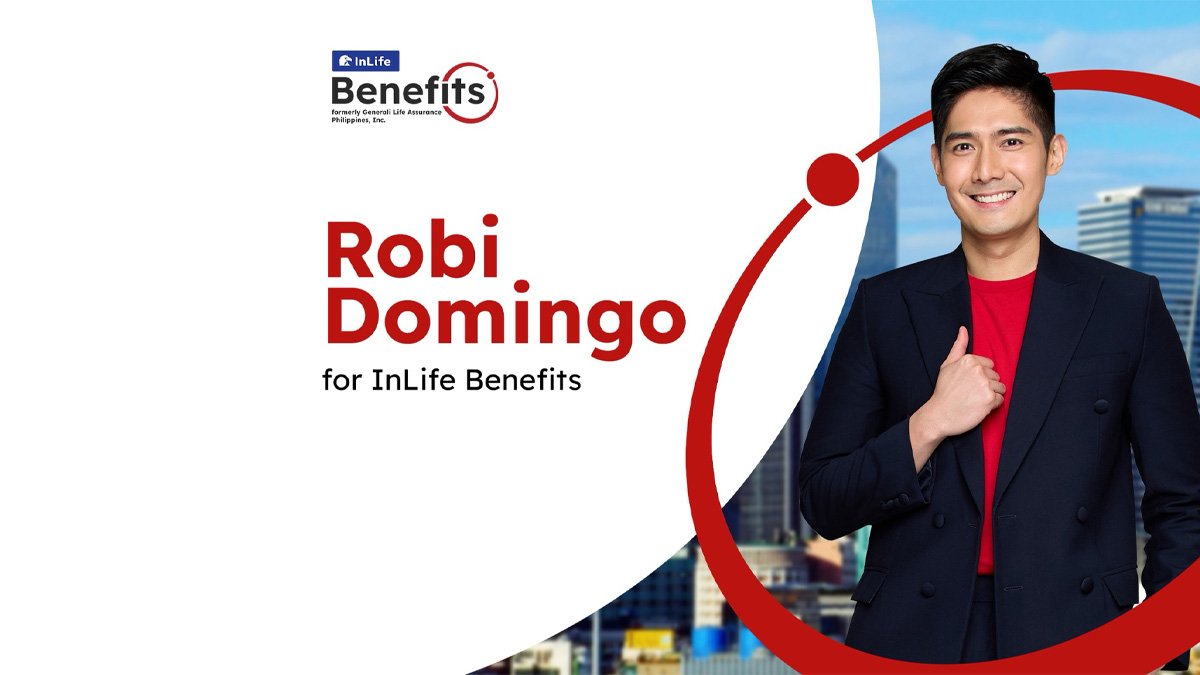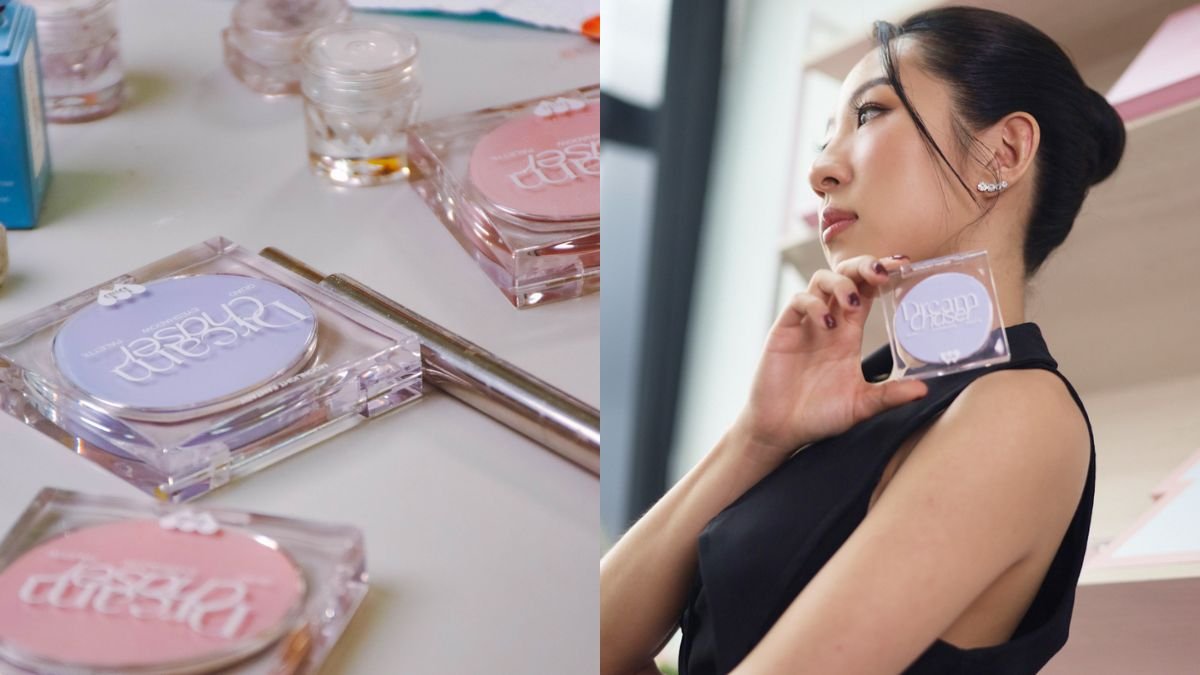Anything but a Crib: Why Gen Zs, Millenials Choose the DINK Life

The dream used to be simple: a house with a white fence, a crib in the corner, and children running through the hallway. But today, that image is slowly fading—not because we’re selfish. The world we inherited is heavier, costlier, and frankly, a little harder to breathe in.
More and more Filipino millennials and Gen Zs are embracing the DINK life—Dual Income, No Kids. For some, it sounds cold. But for some, it’s survival and, more importantly, a choice. A thousand pesos today barely buys you groceries for the week. It used to stretch, but now, it disappears. Prices rise like the sun, but wages? They’re stuck in the same cloudy sky.
Try graduating fresh out of college, full of hope, and then being told you need five years of experience for an entry-level job. Try competing with AI, digital systems, and job listings that vanish as quickly as they appear. It’s no longer just about hard work. It’s about catching up in a race that keeps moving the finish line.
The Weight of the World
In this kind of reality, some just want to breathe—to live. To eat in peace without calculating every peso. To travel not for status but to feel something again—excitement, freedom, even stillness. Having a child means multiplying those expenses tenfold. Diapers, education, health care—these are not just emotional investments.
They are economic ones.
Ciara Peñarubia-Monreal has long been firm in her decision not to have a child, a stance her husband supports, and made them a DINK couple. Their reason touches a deep level of consideration for the hypothetical needs of children they will not have.
“I decided to be childless for the sake of my non-existent child,” she shared. Her reasoning did not end there; she narrates it one by one, disclosing that this decision must be properly thought through, like having a child.
Biologically, my family has a lot of genetic diseases I might pass down to them. I do not want them to suffer. Financially, I did not grow up with generational wealth, I am earning a decent salary. However, it is not enough to raise a child. I would not be able to provide them with a comfortable life. The cycle of poverty will continue. Environmentally, I do not see any improvement in how we currently deal with our environmental issues. I also cannot rely on our government to do a good job. I do not want them to grow up in a dirty and polluted country with an unreliable and corrupt government. Psychologically, I have not unlearned or healed from past traumas. I do not want to project it to them and make my child deal with an emotionally-unstable parent and traumatize them.
To Simply Live
We invest in other things instead. Some spoil themselves a little. Some prefer to adopt dogs, maybe cats. Other poeple go on road trips, build savings, buy plants, and create a space that feels like home, even if it’s quiet. Because for some, their version of purpose doesn’t always come with lullabies, sometimes, it comes with silence they can afford.
They say this generation is afraid of commitment. Maybe. Or maybe this generation is just choosing a different kind. One that says: I commit to myself first, so I don’t burn out trying to survive a life I didn’t even choose.
And for Ciara, she shares a strong sense of personal autonomy. “In addition to all that, the most selfish reason is that I want to live for myself. I have seen women give up their dreams and careers to become mothers. I don’t want to lose my sense of self, I want to retain my identity as a woman.”
And maybe the real question isn’t “Why don’t you want kids?” Perhaps it’s: “Can the world we live in even afford to raise them anymore?”








